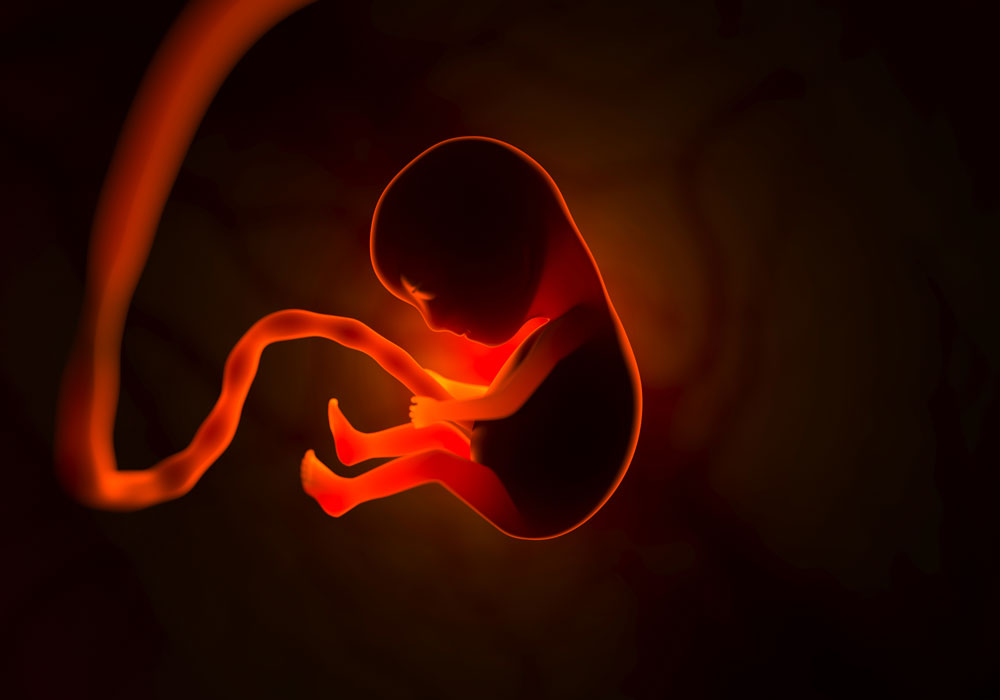What is the first 2000 days framework and what does it mean for our children?

What is the first 2000 days framework?
The first 2000 days framework is a research-based approach to supporting early childhood development. It focuses on the period from conception through to almost 5 years old. The goal of the framework is to promote optimal physical, mental and social-emotional development during this important time.
There are four key pillars to the first 2000 days framework:
- Prenatal care and nutrition: Ensuring that pregnant women have access to quality prenatal care, a low-stress and safe environment, supportive mental health program and good nutrition. These are all required for healthy fetal development.
- Parental engagement and support: Parents play a vital role in their child's development. Supporting parents through education, resources and emotional guidance can help them foster their child's healthy growth and development.
- Quality childcare and early education: Providing high-quality childcare and early education experiences helps to support a child's cognitive, social and emotional development.
- Health and well-being: A child's physical health and well-being are essential for their overall development. Promoting healthy habits and preventing illness through well-child checkups, healthy foods and dental care help to ensure a child's continued health and development.
Why the first 2000 days of a child's development are so critical
90% of a child's brain develops in the first 5 years of life. This means most of the ‘wiring’ occurs during these few years, laying the foundations for how a child will develop through adolescence and into adulthood.
By implementing the 2000-day framework, we tackle some of the biggest roadblocks to a child future.
What early intervention could mean for the future of your child
We have only recently started recognising the incredible importance of physical, mental and social-emotional development in the early years of a child. As the research grows and the evidence mounts to support the need for early intervention, we need to act in all areas where a child develops - in utero, home, school and the broader community.
Studies show early intervention will have better outcomes in the following areas:
- how children learn in primary school
- secondary school performance
- teenage pregnancy
- involvement with the criminal justice system
- substance and alcohol abuse
- violent and anti-social behaviour
- obesity, high blood pressure and depression in adulthood
- coronary heart disease
- premature ageing and memory loss
How can we positively support a child's development in utero, after birth and until five years old?
 Early Pregnancy
Early Pregnancy
- 1 in 10 women in Australia experiences depression whilst pregnant, and 1 in 7 in the first year following a child's birth.
- 44% of women report consuming alcohol during their pregnancy.
- 8% report smoking during pregnancy.
In utero, a baby's brain is growing at an amazing rate - 250,000 neurons are being added every minute. Nutrition, mental health support and providing safe and secure homes for mothers is imperative, not only for the health of the mother but also for the developing child.
Stress reduction is super important too. The Raine Study (WA) has shown a link between stressors in early pregnancy and an increase in behavioral problems in teenage children. Stressors include depression, anxiety, unemployment, poor mental health, poor physical health before or during pregnancy, financial hardship, relationship stress and domestic or family violence. Identifying and reducing maternal stressors during pregnancy can make a difference to the long-term outcomes for both mother and child.
 Social-emotional development
Social-emotional development
Scientific evidence shows us emotional development is an integral component of overall brain development. Emotional competence is the ability to understand, express and regulate emotions.
Some key social-emotional skills include:
- Self-awareness
- Motivation
- Self-control and regulation
- Social skills
- Resilience and coping
- Emotional health
Social and emotional skills are equally as important as cognitive skills. Evidence shows these skills can determine educational, professional and personal success.
 A strong parent/carer-child bond (emotional attachment)
A strong parent/carer-child bond (emotional attachment)
- 1 in 7 women suffer from depression after their child is born. Depression, anxiety and other stressors can have a negative effect on infant-parent attachment.
- 1 in 20 fathers report suffering from depression during their partner's pregnancy, and 1 in 10 struggles after their child is born.
A child's physical development, mental health and social development is affected by the emotional attachment they share with their parents or carer. The emotional connection between a child and their caregiver begins to develop during the first few months of life and continues to grow as the child does.
Recognising the importance of parent-child attachment is paramount and dedicated support and guidance need to be easily accessible to parents or a child’s carer, after the birth of their child.
 Childcare and early education
Childcare and early education
- 1 in 5 children in NSW start school developmentally vulnerable.
High-quality early childhood education and care can promote healthy child development, reduce the likelihood of later behavioral problems, and improve cognitive and academic outcomes.
Quality childcare should provide a safe, clean, and nurturing environment. It should also provide qualified and experienced staff and a curriculum that is focused on developing the cognitive AND emotional skills of a child.
The benefits children reap from completing 600 hours of recommended quality preschool education lay a foundation for their future education, health and wellbeing. The importance of quality early childhood education is becoming evident and choosing the right childcare facility to cater for your growing child's needs is vital.
 Health and well-being
Health and well-being
- 1 in 6, 2-4-year-olds are overweight or obese. 80% of these children go on to be obese adults.
- Only 6% of children eat both the fruit and vegetables recommendations.
- 72% of children aged 4-11 have mild-to-severe mental disorders which include anxiety, depression, and ADHD.
- Between 1998 to 2014 there has been an increase of 2.9% to 5.0% (12-17) in children struggling with a major depressive disorder.
- Suicide it the biggest killer of Australian teenagers.
Physical health and wellbeing are related to children’s overall development. A nutritious diet, regular exercise, and a good night's sleep are important for their physical development and overall wellbeing. Access for all to quality health care, including dental care and MENTAL HEALTH services should be free and easily accessible. It should be a right, not a privilege.
Ensuring a child grows up in a safe and nurturing environment at home, at school and in the community is critical for their development. A safe and nurturing environment includes:
- a home that is free from violence, abuse and neglect
- a school that is a safe place to learn and grow
- a community that provides opportunities for positive social interactions and experiences
Conclusion
Ongoing research and evidence continue to highlight how important the first 2000 days are in a child’s life. Early intervention and support for both the primary caregiver and the child can prevent developmental vulnerabilities, circumvent negative outcomes and raise young children to thrive in life – physically, emotionally, and mentally.
As parents, educators, health care providers and communities, it is our responsibility to work collaboratively to provide the best start for our children. Today's children are tomorrow’s future. It is they who will shape the future of our schools, workplaces and the world at large.
